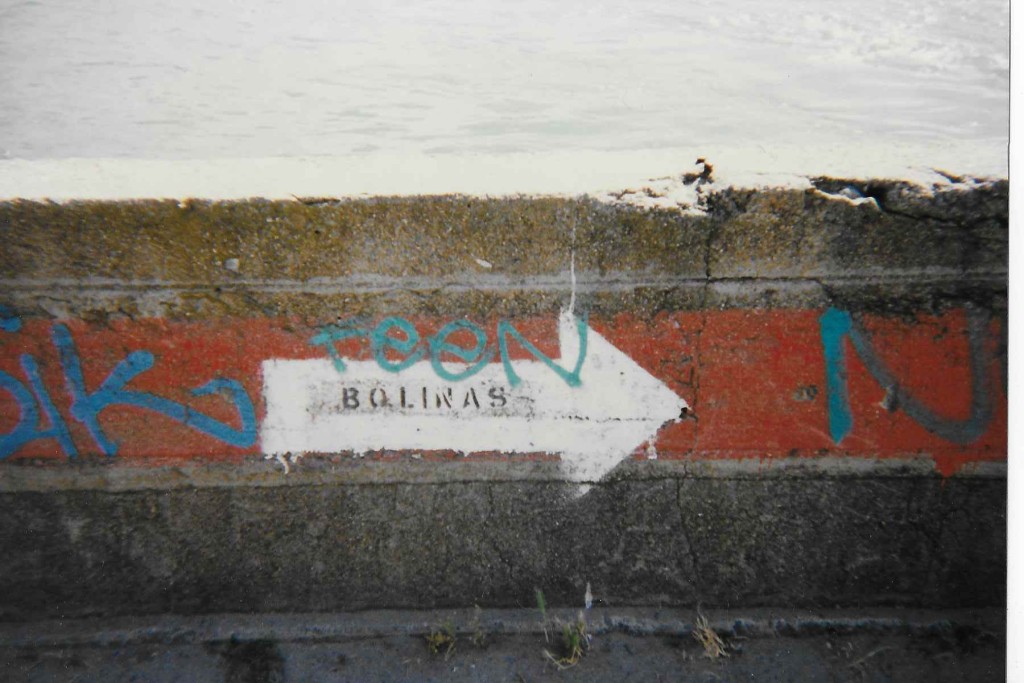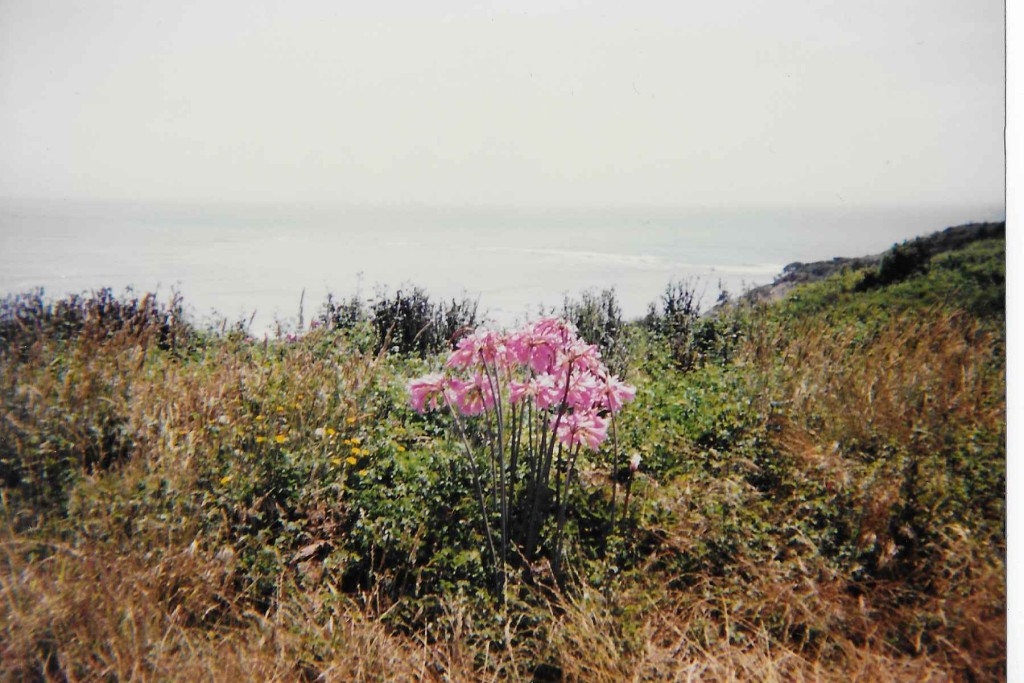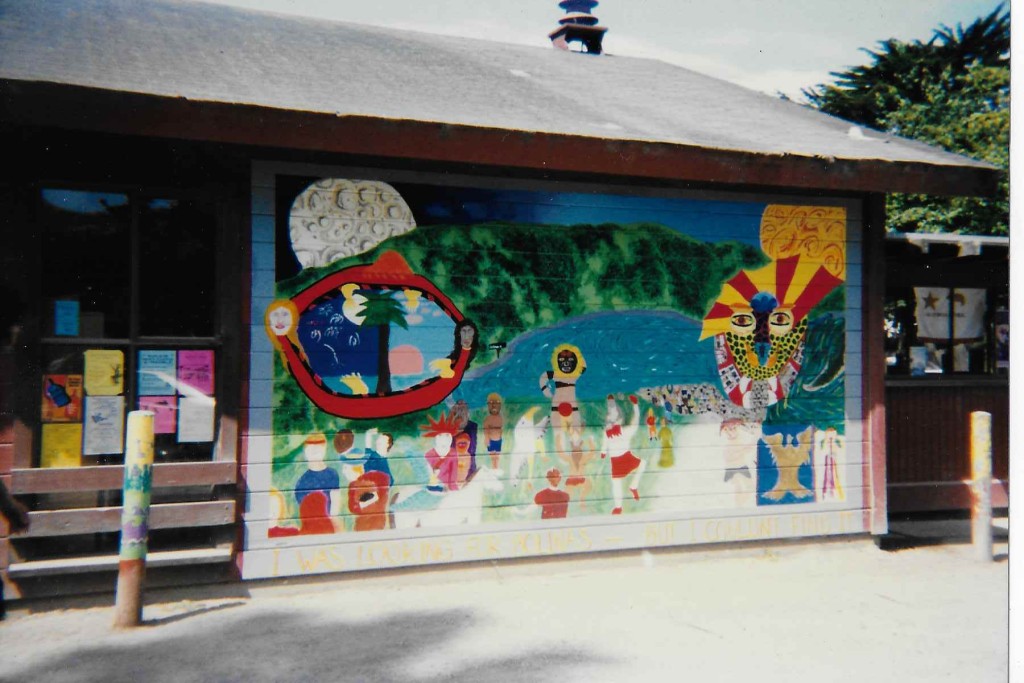
I have only visited Bolinas once, back in the summer of 1996; it was part of a five-day trip north that included a visit to UC Berkeley’s Bancroft Library. I was preparing for my time as a visiting scholar at the Getty Research Institute in the Fall, and wanted to take a look at the archives of Lawrence Ferlinghetti and City Lights. There was also an exhibit at the library; a fair-sized room presented, in well-secured glass cases, a representative collection of materials of Beat writers. In all of the placards explaining the Beat movement to the visitors, the only scenes mentioned were in the Bay Area and Greenwich Village. There was not a single citation of Venice West. It was typical of the period to obliterate Venice West from any account of the Beat movement during the mid-century.
When I finished my work at the library, I rode out to Bolinas with Ellen Sander, a poet who had lived there for many years. First known as the one of the first — if not the very first — significant female rock critic, Ellen Sander went on to become the poet laureate of Belfast, Maine a few years ago. Finishing Line Press published her account of her home in Bolias and its place in the artistic community: Hawthorne, A House in Bolinas.
I had first heard of Bolinas in the very early 1970s as a place where poets had taken refuge from the chaos of New York City. As the century wore on, the poetry traffic between Los Angeles and Bolinas was probably among the most unusual circulations in American literary history; the best anthology to contextualize this exchange is the one I worked on with Neeli Cherkovski, Cross-Strokes: Poetry between Los Angeles and San Francisco. No other book brings together poets who have shared the same eco-cultural domains as a matter of positive freedom. In addition to Ellen Sander, I am thinking of Joe Safdie (who moved from Los Angeles to Bolinas, and now has moved back down the coast — to San Diego), as well as Phoebe MacAdams Ozuna and Lewis MacAdams, who both eventually moved from Bolinas to Los Angeles.
Should you want a poet’s take on the Bolinas scene, you should definitely set aside time to read Kevin Opstedal’s article in Big Bridge, “Dreaming As One.”
http://www.bigbridge.org/bolinas.htm.
It is an incredibly substantial and detailed account of a community of the famous (Robert Creeley, Bobbie Louise Hawkins; the Jefferson Airplane) and the obscure (Jack Boyce), all of whom made this backwater a major harbor of imagination’s counterpoints. Each of the eighteen segments has a set of photographs to give the reader some glimmer of the youthfulness of this scene.
There were other circulations north and south, too. About the same time that poets were moving to Bolinas from New York City, Stuart Z. Perkoff moved north and spent two productive years in Northern California. John Thomas, on the other hand, had moved back from San Francisco to Los Angeles in the late 1960s, though he did not then settle back in Venice, but in the Echo Park area, where he became friends with Charles Bukowski and mentored a young poet named Wanda Coleman. There is another anthology yet to be assembled, where the poets of Bolinas, who appeared in a collection entitled On the Mesa, edited by Joel Weishaus (City Lights, 1971) intermingle with those of Cross-Strokes.


 About Bill Mohr
About Bill Mohr